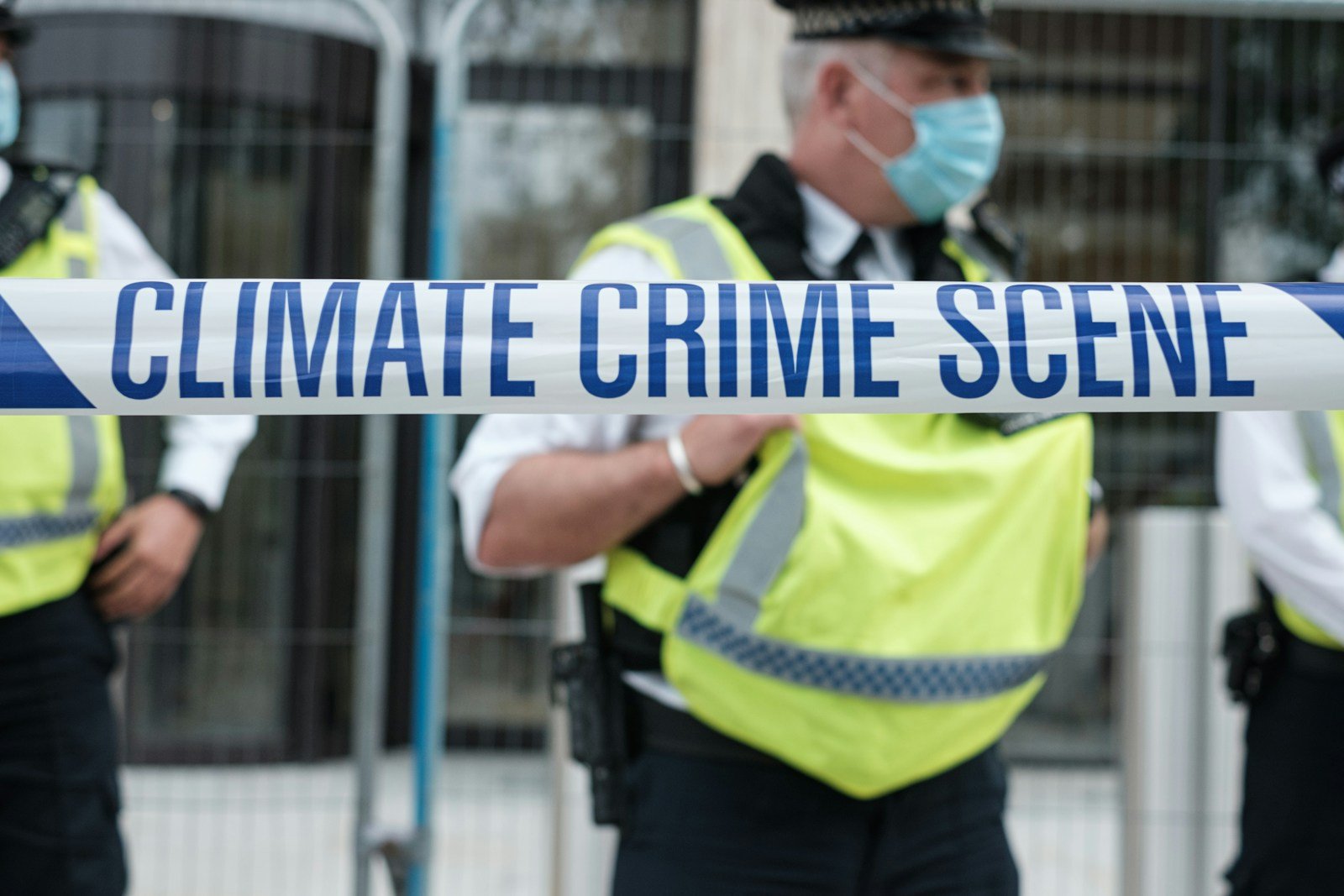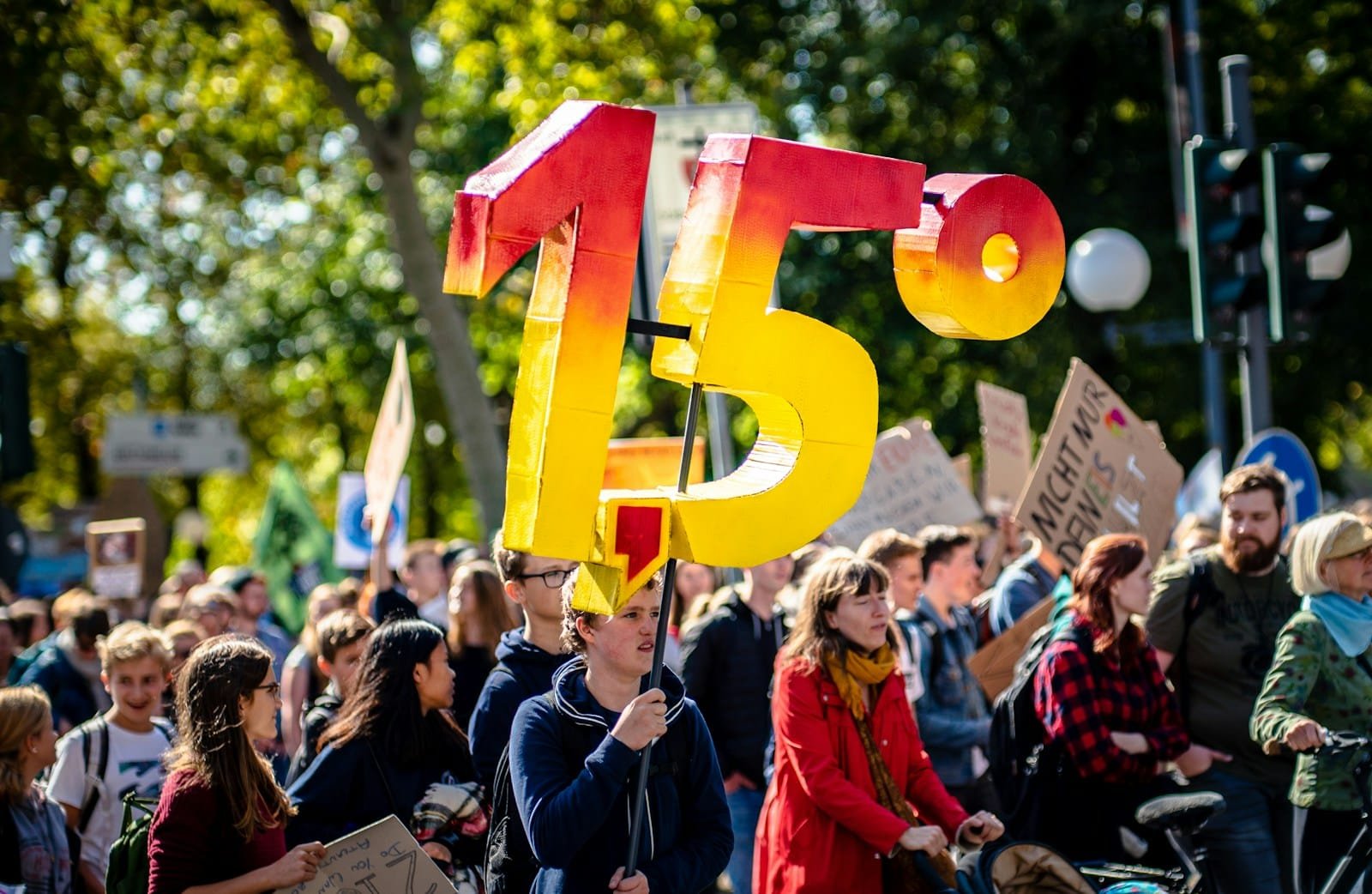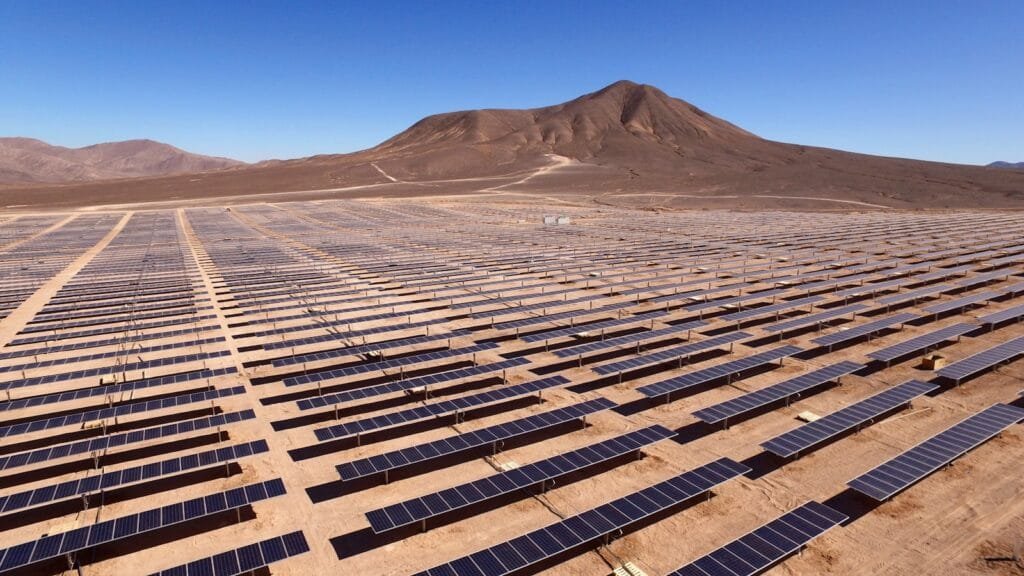Life for environmental defenders is difficult. Politicians vilify them, courts constrict them, journalists mock them and public hostility towards them is palpable. So much so that after his visit to the UK in January, Michel Forst, the UN representative for environmental defenders, stated that he found their treatment “extremely worrying”.
To understand his point, you need only consider the example of Trudi Warner who yesterday faced contempt of court proceedings in the High Court. She was charged for holding a sign saying “Jurors, you have an absolute right to acquit a defendant according to your conscience” outside the Inner London Crown Court during the trial of Insulate Britain activists in April 2023. Her fate will be decided by the court on Monday.
Other countries have found themselves subject to Forst’s disapproval too. The Netherlands, France, Sweden and other EU member states, as well as the EU itself, have all been reprimanded for their poor treatment of those trying to protect nature.
That’s despite all of them having signed the Aarhus Convention. This ambitious international environmental agreement, which I have spent more than ten years studying and writing a book about, was designed to empower and protect environmental defenders.
Of course, the protestors’ actions are intentionally borderline. Splashing beloved art works with soup, occupying trees and blocking traffic – these stunts have all made headline news.
But environmental defenders insist that these desperate and disruptive actions are nothing compared to the risks that political inaction pose to human health and that of our planet.
Here are three reasons not to be mad at the protestors.
1. Democracies depend on citizen engagement
Healthy democracies welcome and depend on an active and engaged citizens to thrive. This includes peaceful protest and civil disobedience. Limitations on these activities include legislation, strategic litigation against public participation Slapps, mischaracterising protest as “mob rule” or “threats to democracy” and restricting the ability of climate activists to robustly defend themselves in court.
These examples are all worrying signals for the state of our democracy, and our planet. Forst wrote in a recent position paper that “the repression that environmental activists who use peaceful civil disobedience are currently facing in Europe is a major threat to democracy and human rights”.
This comes after his tour of European countries, all signatories to the Aarhus Convention. In addition to protecting environmental defenders, this Convention provides the source of his authority, granted by those same countries in 2021.
In his recent paper, he identifies the ways in which these countries foster an inhospitable, and anti-democratic, political environment for those seeking to protect our shared planet. For example, through hostile political discourse or the arrest and imprisonment of peaceful protesters.
The repression and criminalisation of environmental protesters and those undertaking acts of civil disobedience spells trouble for our democracies as well as our planet.
2. Environmental problems need diverse solutions
Environmental harm can operate in ways that are not always well understood by those in power. Planetary problems therefore need a diverse range of solutions and everyone affected needs to be represented and have their interests heard.
Of course, protest is not the only way that those voices can be heard and some governments in France and Ireland, for example, are making space for citizens assemblies. The Aarhus Convention also promotes active public participation in relation to environmental decision-making. But these processes can be slow, circumscribed and intimidating to those not accustomed to administrative and political environments.
Protest allows for the unfiltered expression of diverse views, particularly from those who are not traditionally given a voice in political discourse – that includes children, refugees, non-nationals, nature and future generations. Youth movements like Fridays for Future help boost the voices of children, angry that the adults seem to have forgotten that they will inherent this damaged planet.
Environmental defenders such as XR or Greta Thunberg claim that they are acting on behalf of nature or future generations, rather than in their own interests. Protest and civil disobedience create the space for these voices to be amplified and heard.
3. Suppressing protest won’t solve the planetary crisis
Punishing protesters won’t solve the problems that they are highlighting. Lethal air, filthy rivers, collapsing food chains, the climate crisis – these problems will all continue unabated, and soon become much more inconvenient than having to get off the bus to walk the last mile to work.
A much better way to deal with the irritation of environmental protests would be to address the greater disruption of the overlapping environmental crises that politicians seem so unwilling to face.
Forst, in his report, puts it like this: “states must address the root causes of mobilisation” not the mobilisation itself. Indeed, tackling protesters and not oil producers is the democratic equivalent of rearranging deckchairs on the Titanic.
So, the next time your route to work is barricaded, your office building is slathered in paint, or you listen, with schadenfreude, to a journalist demolishing an environmental defender live on air (or not), consider redirecting your ire to those whose inaction should really make you mad.
Emily Barritt is a trustee of the Environmental Law Foundation
See also:

Article republished, with appreciation, per The Conversation (UK)'s Creative Commons license and republishing guidelines (link).
Read the full post at The Conversation (UK).





